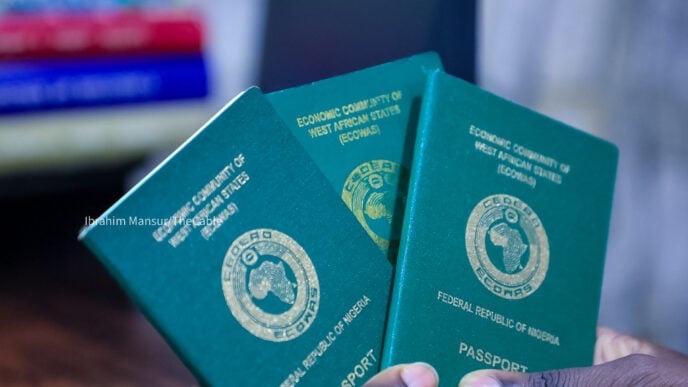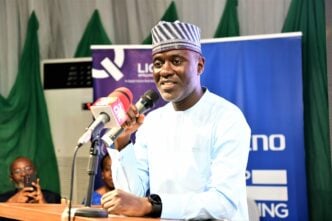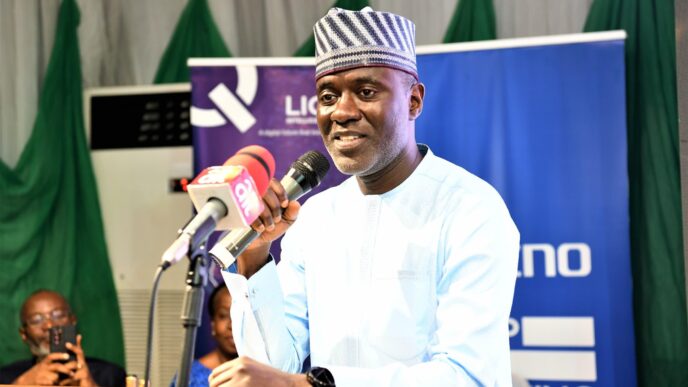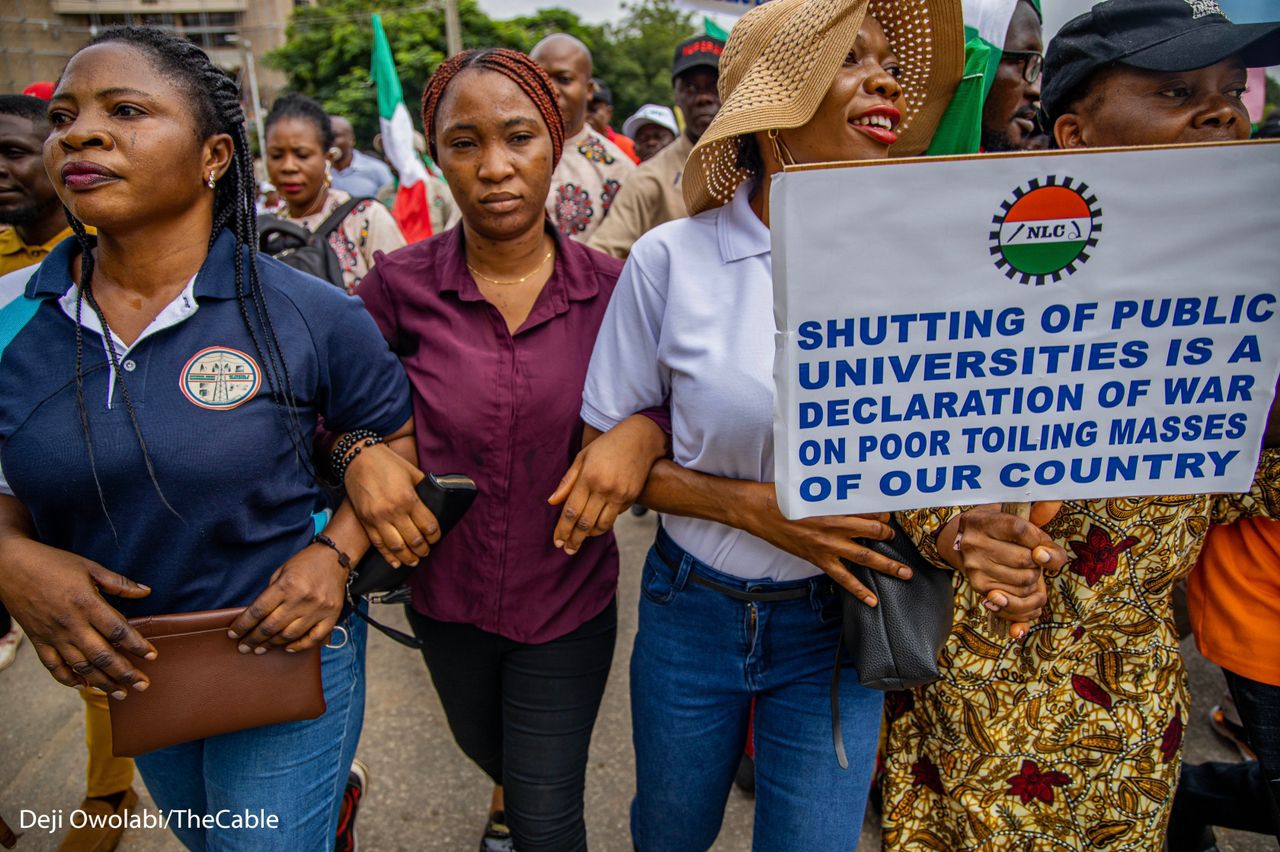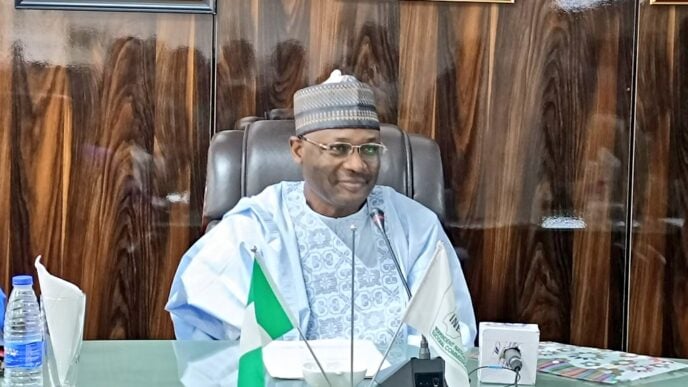BY PATRICK IWELUNMOR
There is a spirituality deeper than the Christian-Muslim mishmash of beliefs that permeate the Nigerian religious firmament. It is not faith as ritual or sect, but a politicised grace — an openness to dissent, to those who abhor you, even to those who once conspired against you. It is the willingness to draw them closer, not to silence them, but to let their voices echo within the corridors of decision. In Bola Ahmed Tinubu’s politics, this spiritual disposition is palpable — a mystic poise that listens, forgives, absorbs, and re-creates power out of opposition. His resilience lies not in brute strategy but in a metaphysical grasp of inclusion — a deep understanding that to welcome dissent is to neutralize it, and to accommodate one’s enemies is to transform them into allies.
To understand Tinubu is to step into the metaphysics of power, that strange logic by which hostility becomes alliance and rivalry becomes friendship. For him, politics is not simply a contest of supremacy but a ritual of coexistence — a choreography of tension and reconciliation. He knows instinctively that the surest way to weaken opposition is not through vengeance but through invitation. He hands his enemies responsibility, offering them a stake in the structure they once sought to destroy. This is not mere cunning; it is an ancient and spiritual method — forgiveness as strategy, inclusion as weapon, patience as armour. Where others wield power like a sword, Tinubu wields it like a sacrament.
Those who once swore never to stand beside him now dwell within his tent of influence. Nyesom Wike, the fiery former governor of Rivers state, once railed against him but today sits at his table as a cabinet member. Others — George Akume, Godswill Akpabio, David Umahi — men from disparate camps — now orbit his government. This is no coincidence. Tinubu has mastered the alchemy of reconciliation, transmuting hostility into collaboration. He understands that enmity, if left untamed, festers into instability. By embracing his adversaries, he drains their venom and converts bitterness into gratitude.
Advertisement
There is, however, a mysticism that runs through this generosity. To bless an enemy with relevance is not mere political calculation; it is a recognition of the interdependence of political souls. In a country splintered along ethnic, religious, and ideological lines, the ability to welcome those who once cursed you becomes a form of spiritual healing. Tinubu’s faith does not display itself in sanctimonious gestures; it reveals itself in temperament — in the calm refusal to be imprisoned by grudges. He knows that lasting leadership cannot thrive on animosity. His politics, therefore, remains fluid, adaptive, forgiving — and in that forgiveness lies his greatest strength.
Every political structure that has sought to unseat him eventually dissolves from within, unable to comprehend his method. His opponents fight with venom; he responds with hospitality. They accuse him of Machiavellianism; he confounds them with magnanimity. They conspire against him; he offers them a seat at the table. The irony is devastating: his act of inclusion renders opposition redundant. How does one defeat a man who feeds on resentment, who converts hostility into the raw material of survival? This, precisely, is the metaphysical architecture of Tinubu’s power — a spiritual system built on absorption, not annihilation.
Some call it strategy, but Tinubu’s politics operates in a deeper register. It is a kind of spiritual intelligence — a perception of the unseen currents that move human ambition. He knows that power, like faith, is sustained not by force but by perception, and perception is shaped by belonging. When a critic becomes a beneficiary, when an adversary becomes an appointee, the moral ground of resistance evaporates. The once-defiant voice becomes a hymn of praise, not out of defeat, but through quiet assimilation. That is not politics as usual; that is political mysticism — the art of converting dissonance into harmony.
Advertisement
Yet, this spirituality is not naïve nor angelic. It is pragmatic spirituality — forgiveness used as control, mercy as consolidation. But even in its calculation, there is a grace that disarms. It reduces friction and creates a community of shared interest. In a nation where leaders often multiply divisions, Tinubu’s instinct to gather rather than scatter stands out as a kind of sacred defiance. His ability to reward betrayal with opportunity, to turn ridicule into relevance, reveals not weakness but a meditative strength. It is magnanimity reimagined as armour — forgiveness wielded as fortification.
By contrast, many of his opponents are prisoners of bitterness. They interpret criticism as treachery, defeat as humiliation. They surround themselves with echoes of flattery and mistake silence for loyalty. Tinubu’s politics diverges sharply from this brittle template. He thrives in contradiction; he invites dissent, not to crush it, but to domesticate it. He converts adversaries into stabilizers. His government, therefore, is not merely the product of electoral triumph but the unfolding of a creed: that true survival in politics is not the victory of force, but the pacification of resentment.
And perhaps that is why he remains standing when others fall. His politics transcends the transactional — it is an exercise in spiritual endurance. Tinubu understands that nations fracture not from failure of policy but from the failure to forgive. Governance, to him, is not just administration but ministry — an act of gathering broken loyalties into a collective rhythm of survival. His inclusion of former enemies in his cabinet is not opportunism; it is ritual continuity — the reaffirmation of a lifelong faith that reconciliation is the highest form of conquest.
In Tinubu’s metaphysics of power lies a profound truth: to rule is to reconcile. To lead is to bless even those who once cursed you. To endure is to turn antagonism into architecture. Whether one esteems or despises him, it must be conceded that Tinubu has made politics a spiritual performance — a theatre of conversion where enemies become allies, and dissent becomes the very rhythm that sustains his dominance.
Advertisement
Thus, when his detractors dream of unseating him, they face not merely a politician, but a mystic tactician — one who knows that forgiveness is faster than force, inclusion sturdier than vengeance. The metaphysics of Tinubu’s power rests on this haunting principle: that the surest fortress in politics is not built from walls of loyalty, but from the quiet, unsettling grace of drawing your enemies closer, listening to your critics, and blessing even those who would never pray for you.
Patrick Iwelunmor can be contacted via [email protected]
Views expressed by contributors are strictly personal and not of TheCable.


